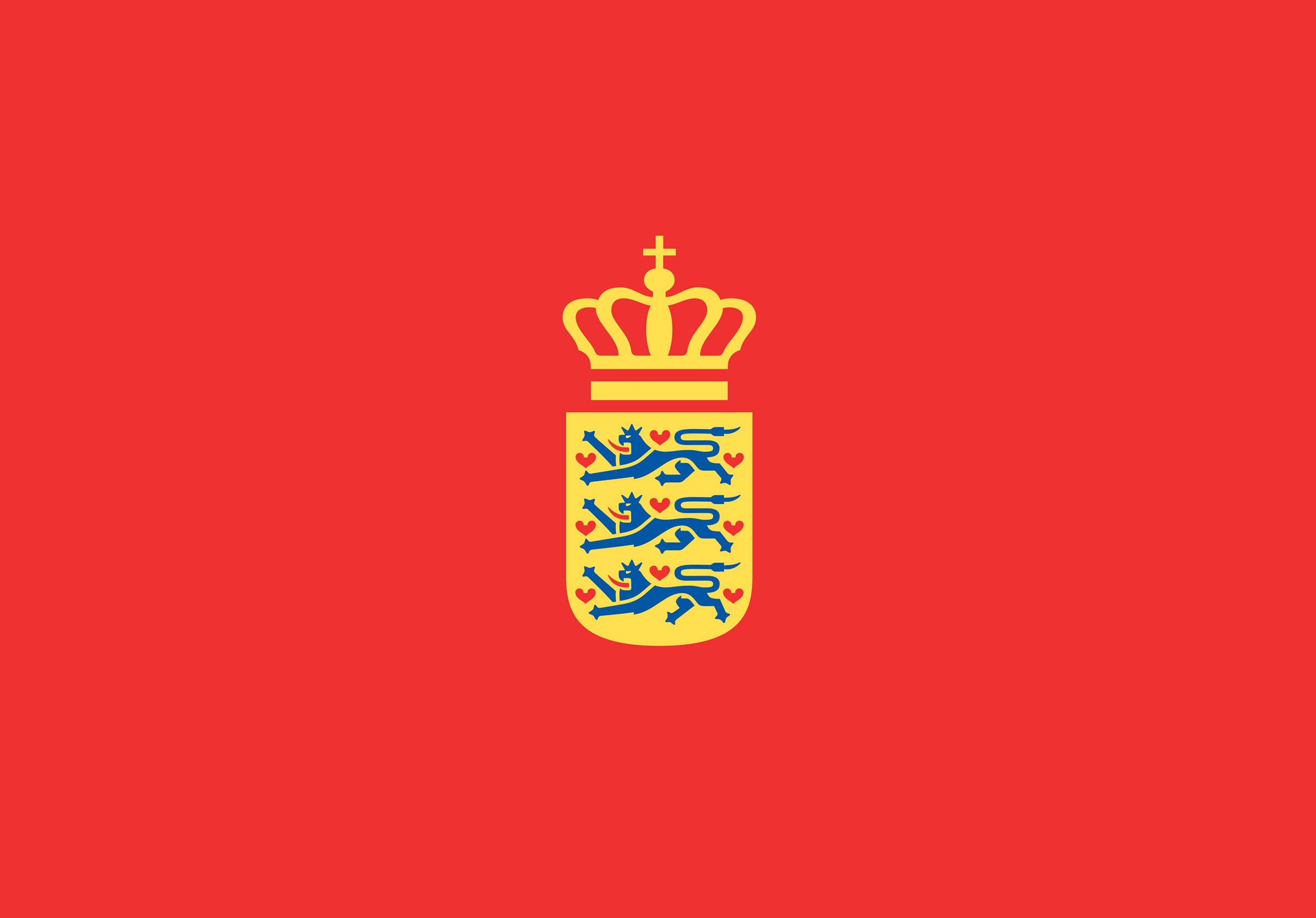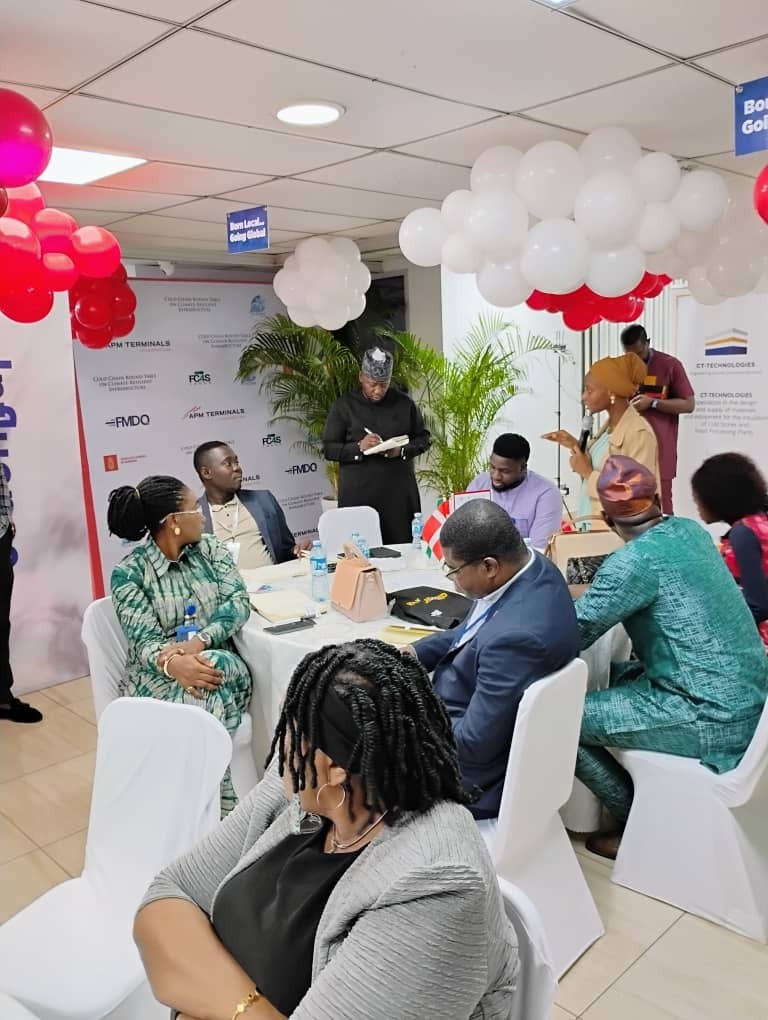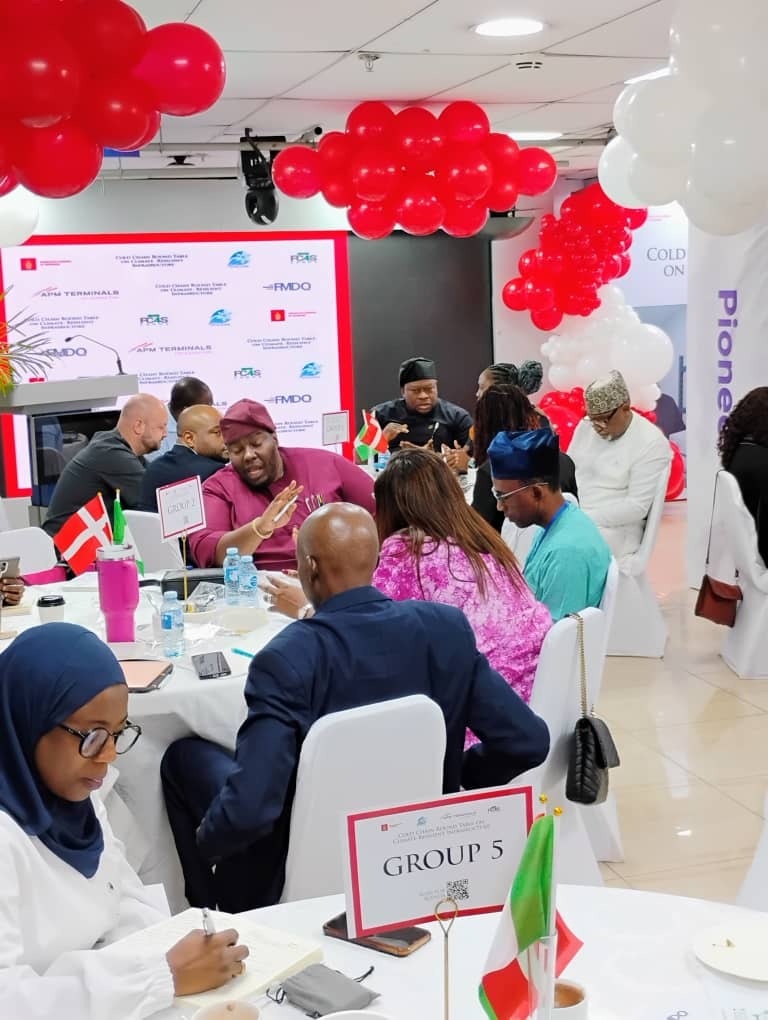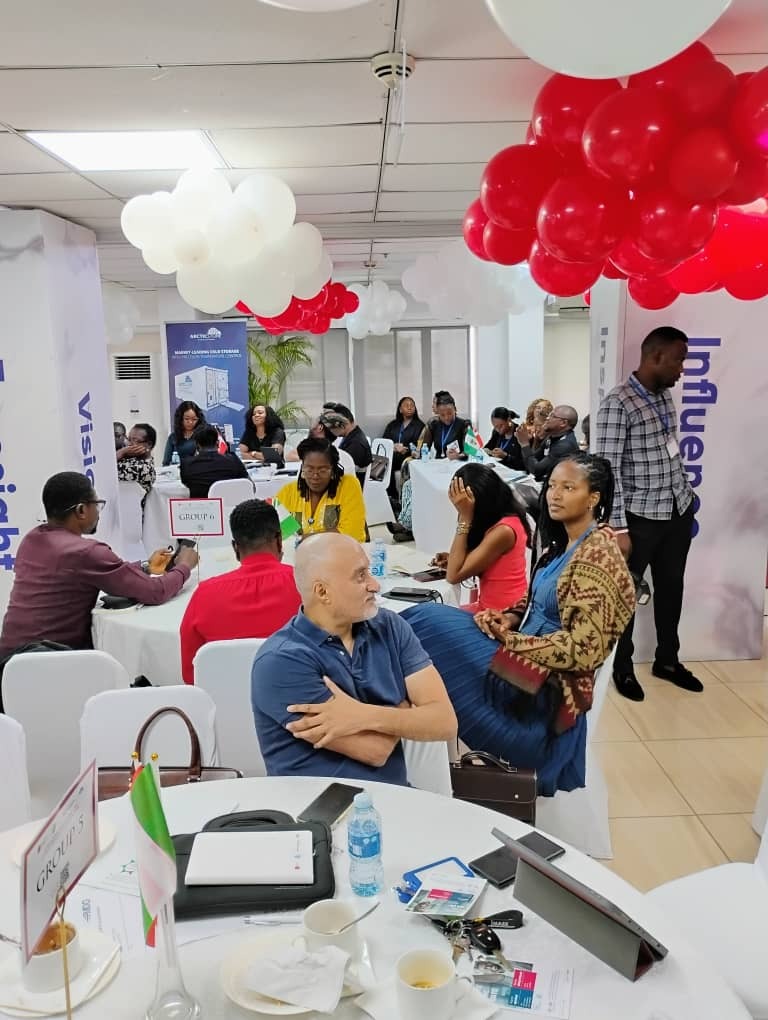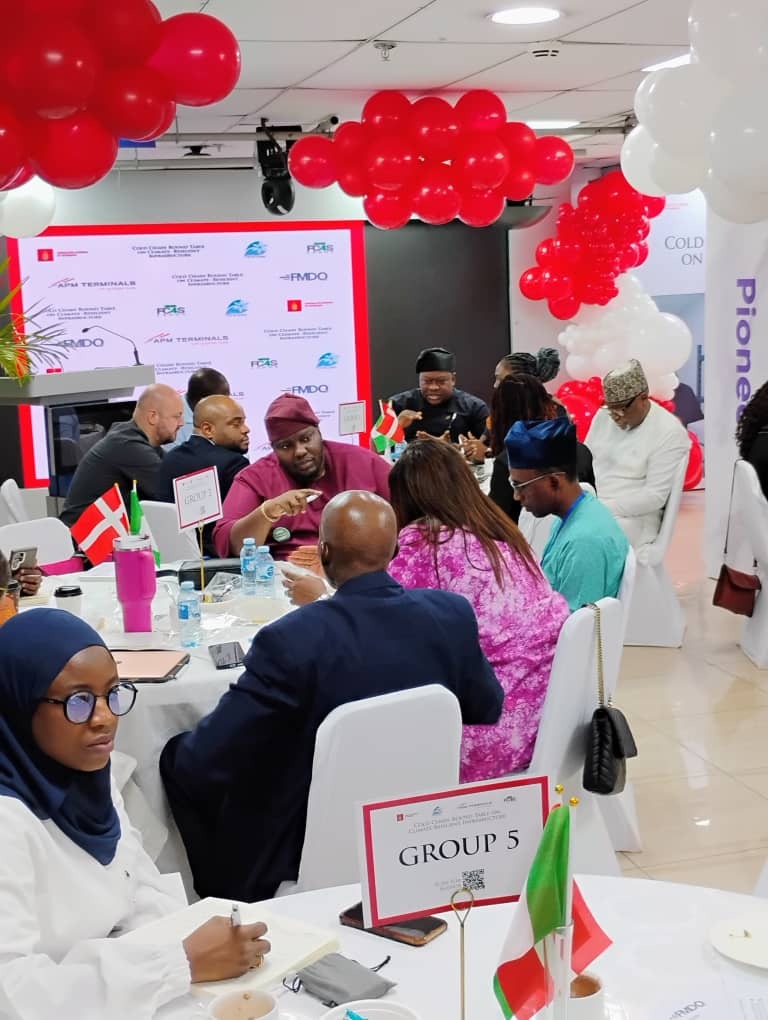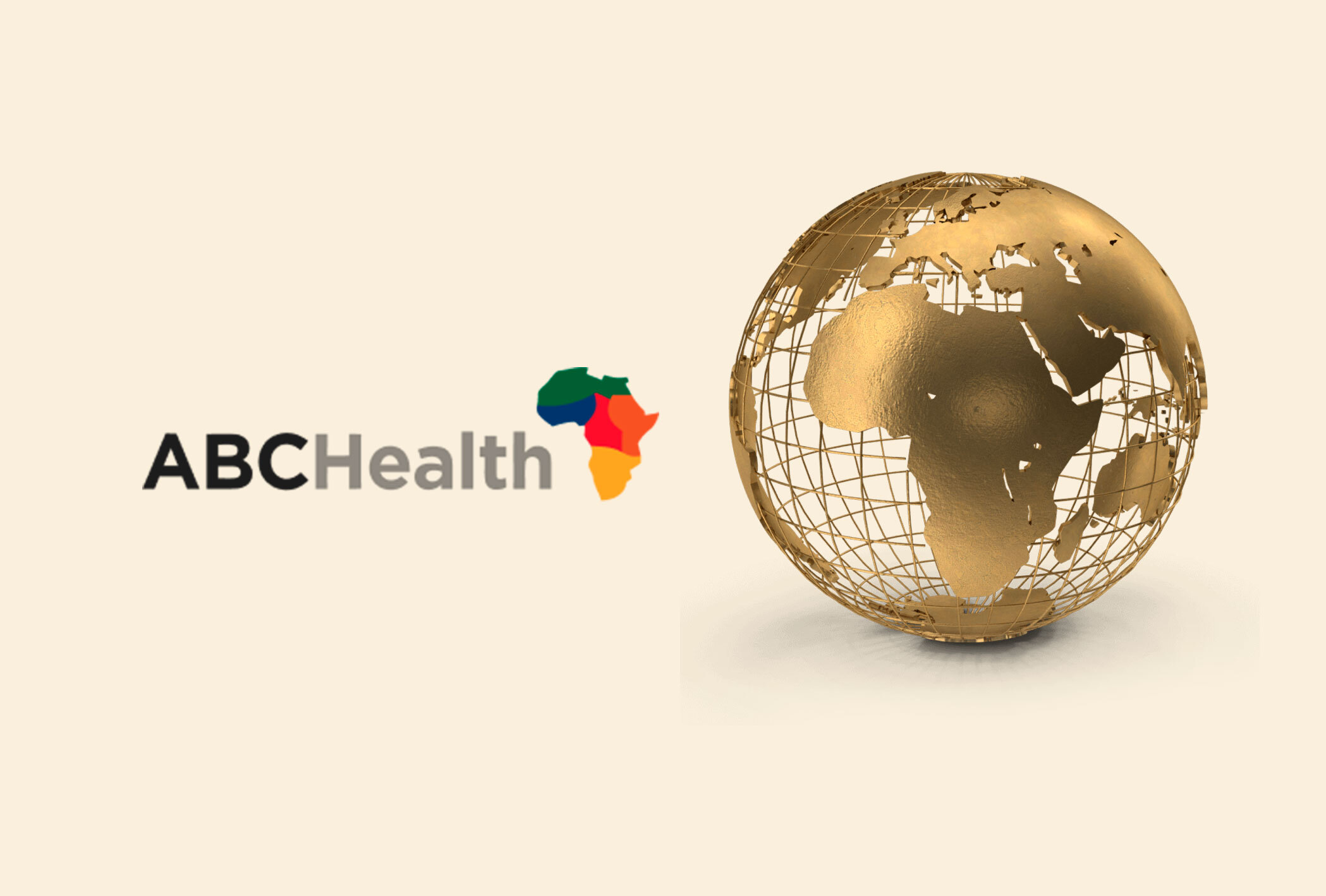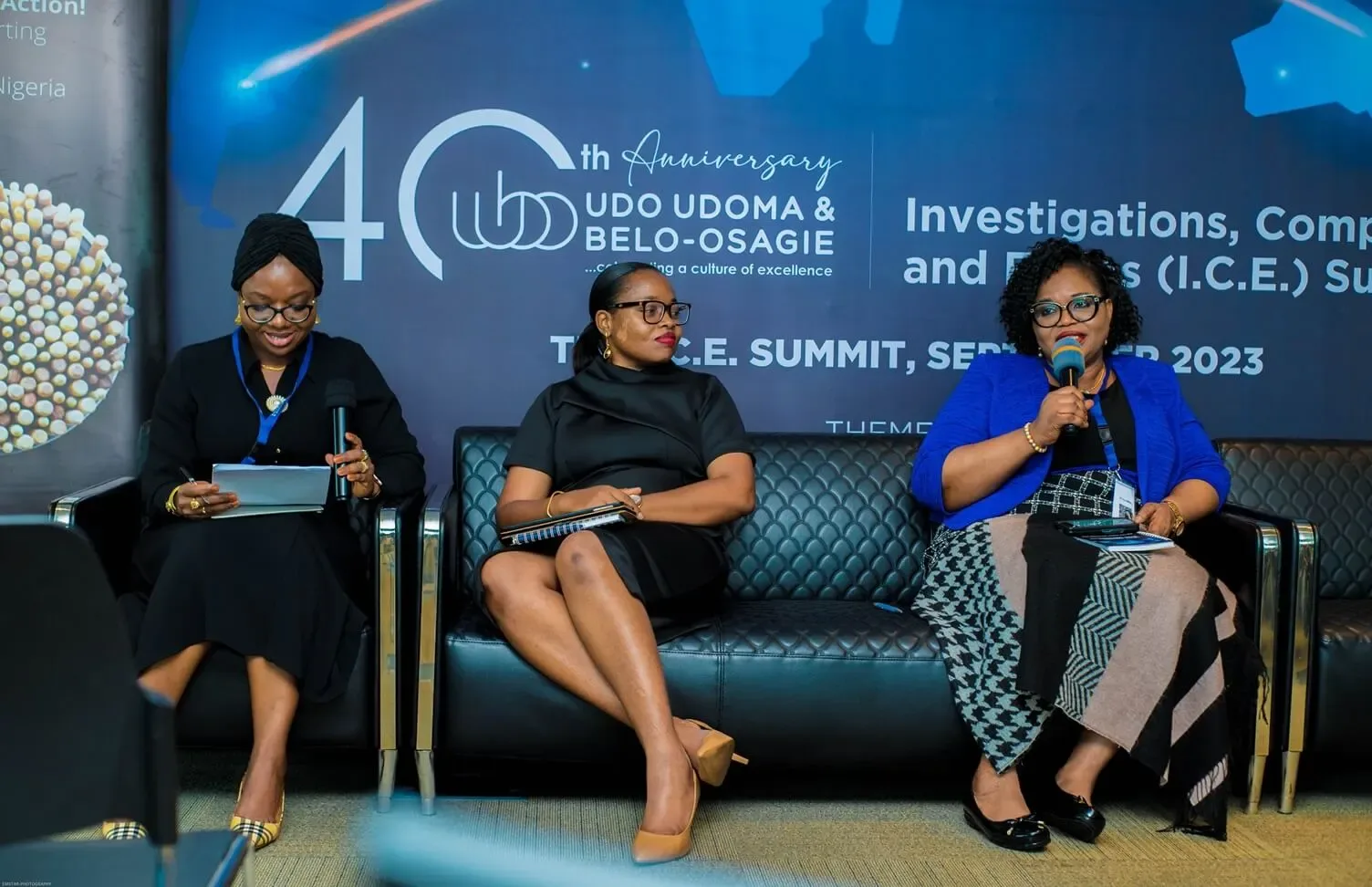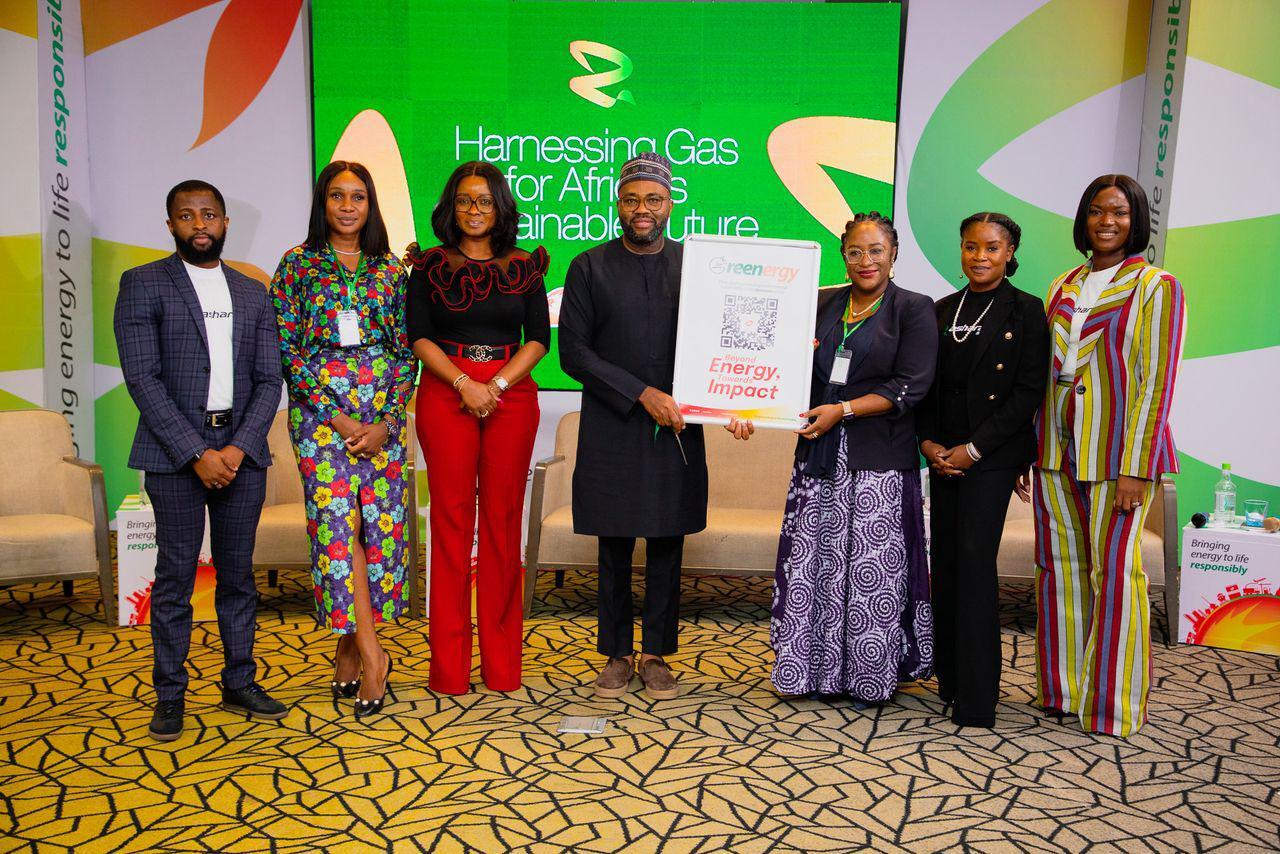The Consulate General of Denmark, in partnership with the Organization for Technology Advancement in Cold Chain in West Africa (OTACCWA), APM Terminals, and the Financial Centers for Sustainability (FC4S), convened a high-level roundtable in Lagos on Wednesday August 20, 2025, to address one of Nigeria’s most pressing development gaps: building a climate-resilient cold chain system for agriculture and healthcare.
The forum, titled “Cold Chain Roundtable on Climate Resilient Infrastructure,” brought together senior government officials, Danish High Commission representatives, agribusiness leaders, healthcare professionals, financiers, energy providers, and logistics operators. The aim was clear: to identify collaborative pathways that would protect food supplies, reduce post-harvest losses, and ensure reliable distribution of temperature-sensitive medicines, amid intensifying climate pressures.
Immediate Priorities in Agriculture and Health
Discussions zeroed in on the scale of the challenge. Nigeria loses as much as 40% of perishable goods post-harvest, a burden that undermines national food security, while fragile healthcare delivery systems are hampered by unreliable cold storage for vaccines and medicines. Stakeholders agreed that strengthening the cold chain is now a national imperative.
Key objectives tabled by organisers included:
- Fostering cross-sector public-private partnerships.
- Mapping existing cold chain assets to highlight infrastructure gaps.
- Scaling climate-smart logistics and decentralised renewable-powered storage.
- Mobilising finance and piloting innovative business models.
“Cold chain systems are almost non-existent in rural and peri-urban regions, creating significant barriers to preserving perishable produce from farm gate to market,” said Ukola, Secretary General of the Nigeria Equal Business Group.
She urged investment in aggregation hubs, shared facilities equipped with storage, cleaning, and sorting infrastructure, alongside Danish technical support for cold chain mapping and community-driven design.
Financing Bottlenecks and Innovative Models
Beyond technology, financing emerged as a central bottleneck. Smallholder farmers and healthcare actors rarely have the upfront capital required for cold storage investment. Danish and Nigerian institutions were urged to develop innovative financial structures tailored to local realities.
A regional manager at AgriFinance described a “pay-as-you-store” model, where users pay incrementally for storage access:
Farmers or users receive assets and pay for them over time under monitored conditions to ensure asset retention and proper care.
This leasing framework, stakeholders noted, could democratize access for small and medium-sized enterprises and be implemented through public-private partnerships (PPPs), combining government backing with corporate efficiency.
Risk-sharing mechanisms, from bodies such as NIRSAL, along with blended capital structures merging traditional, green, and impact-driven funds, were also discussed. “Blended capital is essential to scale carbon finance and unlock risk capital for cold chain adoption,” observed Sadiq Musa of Incava Biotech.
Renewable Energy as a Game-Changer
With Nigeria’s power sector struggling to meet demand, deploying solar-powered cold storage was identified as a viable and scalable alternative. Danish expertise in decentralized renewable systems positions it as a key partner in rolling out modular, clean-energy facilities in underserved regions.
Dr. Okafor from Nigeria’s food and drug agency NAFDAC underscored the promise of renewables:
Solar energy is proposed as a sustainable alternative to power cold chain facilities.
Mobile cold rooms and modular solar storage, paired with training programs designed in collaboration with Danish firms, could deliver rapid gains in rural food preservation and drug delivery, attendees said.
Towards a Collaborative Innovation Ecosystem
Participants concluded that Danish collaboration should not be limited to technology transfer or finance but should extend to ecosystem-building. This means creating platforms where Nigerian startups and SMEs trial innovations alongside global cold-chain operators, accelerating breakthroughs in logistics, last-mile distribution, and sustainable infrastructure.
“Collecting data and engaging local communities through awareness campaigns are vital to ensuring these systems reflect real needs and capacity.”
Strategic Implications
The outcomes of the roundtable provide a roadmap with far-reaching economic, health, and social implications:
- Agriculture: Reliable cold chain systems could cut post-harvest losses, boost farmer incomes, and stabilize food prices for urban markets.
- Healthcare: Vaccine delivery and distribution of sensitive medicines would be strengthened, particularly in rural clinics.
- Investment: PPP-backed financial innovations and blended capital tools may attract global investors aligned with sustainability and resilience themes.
- Climate Action: Solar-powered facilities would cut reliance on diesel generators, reducing carbon footprints while enhancing operational stability.
Sector analysts noted that Nigeria’s agricultural market—valued at $150 billion annually, offers significant returns if bottlenecks in logistics and cold storage are resolved. For Denmark, which has earned a global reputation for sustainable innovation and renewable integration, this represents an opportunity to deepen bilateral economic ties while advancing its climate diplomacy.
Outlook
The Lagos roundtable underscored that cold chain resilience is no longer just a technical issue but a strategic priority touching food systems, public health, and climate adaptation. With Danish expertise in sustainable logistics and Nigeria’s urgent structural needs, both sides see the collaboration as catalytic.
If successfully executed, experts say the partnership could become a blueprint for Africa’s broader transition, where resilient infrastructure, smart finance, and renewable energy come together to secure food and health systems against climate change shocks

